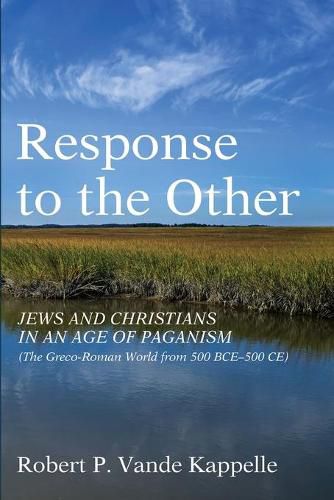Readings Newsletter
Become a Readings Member to make your shopping experience even easier.
Sign in or sign up for free!
You’re not far away from qualifying for FREE standard shipping within Australia
You’ve qualified for FREE standard shipping within Australia
The cart is loading…






This title is printed to order. This book may have been self-published. If so, we cannot guarantee the quality of the content. In the main most books will have gone through the editing process however some may not. We therefore suggest that you be aware of this before ordering this book. If in doubt check either the author or publisher’s details as we are unable to accept any returns unless they are faulty. Please contact us if you have any questions.
Human beings seek meaning and purpose. To do so, we tell stories about the past, which we call history, and stories about what will occur in the future, constructed from memory and imagination. History is not a subject we study, but one we live. History is our medium, as water is to fish. No period of antiquity is more informative and influential for Western civilization than the Greco-Roman, the period from the time of Alexander the Great to the fall of the Roman Empire, an age that saw the emergence of Judaism and Christianity–twin traditions shaped against the background of pagan dominance. The meeting between Jew and Greek, Christian and pagan, revolutionized the ancient world. It represented a crucial moment in the history of Western society, when politics, economics, culture, and religion took a new turn. In time, these separate streams mingled and merged, forming the single and ever-widening current that gave birth to modernity. Moving against the stream of religious exclusivism, this book does not seek to further the cause of one particular religious perspective, but rather to gain insight on how ancient pagans, Jews, and Christians interacted with one another. This study advances contemporary attempts at dialogue and cooperation, enabling people of differing agendas to focus their energy on finding solutions to problems plaguing our planet. Response to the Other has much to offer specialists and non-specialists alike. This work can be used as a study guide, the questions at the end of each chapter suitable for individual or group use.
$9.00 standard shipping within Australia
FREE standard shipping within Australia for orders over $100.00
Express & International shipping calculated at checkout
This title is printed to order. This book may have been self-published. If so, we cannot guarantee the quality of the content. In the main most books will have gone through the editing process however some may not. We therefore suggest that you be aware of this before ordering this book. If in doubt check either the author or publisher’s details as we are unable to accept any returns unless they are faulty. Please contact us if you have any questions.
Human beings seek meaning and purpose. To do so, we tell stories about the past, which we call history, and stories about what will occur in the future, constructed from memory and imagination. History is not a subject we study, but one we live. History is our medium, as water is to fish. No period of antiquity is more informative and influential for Western civilization than the Greco-Roman, the period from the time of Alexander the Great to the fall of the Roman Empire, an age that saw the emergence of Judaism and Christianity–twin traditions shaped against the background of pagan dominance. The meeting between Jew and Greek, Christian and pagan, revolutionized the ancient world. It represented a crucial moment in the history of Western society, when politics, economics, culture, and religion took a new turn. In time, these separate streams mingled and merged, forming the single and ever-widening current that gave birth to modernity. Moving against the stream of religious exclusivism, this book does not seek to further the cause of one particular religious perspective, but rather to gain insight on how ancient pagans, Jews, and Christians interacted with one another. This study advances contemporary attempts at dialogue and cooperation, enabling people of differing agendas to focus their energy on finding solutions to problems plaguing our planet. Response to the Other has much to offer specialists and non-specialists alike. This work can be used as a study guide, the questions at the end of each chapter suitable for individual or group use.